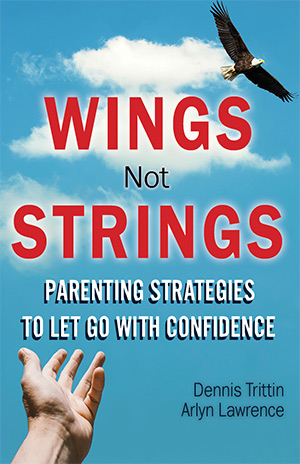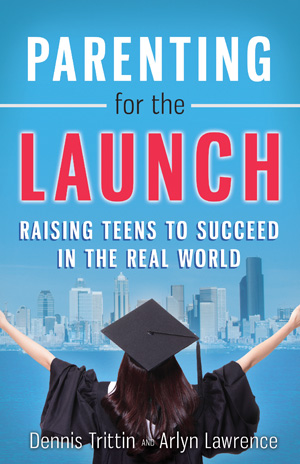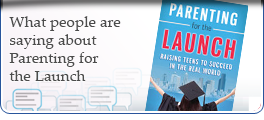Are You Financially Prepared for Life's Lemons?
8/31/2014 1:24:30 PM
We’ve all experienced unexpected curveballs at some point in our lives, and realistically, we’ll probably experience many more. A lost job. A broken dishwasher. A pay cut. Medical bills. An injury that prevents you from working for several months. A leaky roof. The question is, what will you do in these situations. How will you handle them? Hopefully you’ve planned for emergencies.
According to a 2011 survey by the National Foundation for Credit Counseling, 64% of Americans don’t have enough cash on-hand to handle a $1,000 emergency. This means that if a crisis strikes, big or small, and you DON’T have money put away for emergencies—you could be in for some real stress and heartache.
An “emergency fund” is an account set aside with money earmarked solely for high impact situations that could substantially affect your well being or quality of life. As a rule of thumb, a fund that contains four to six months worth of average monthly expenses (invested in safe, accessible, short-term investments) will help serve as a buffer in these unfortunate situations. During periods when the economy is weak and your job may be in jeopardy, it’s sensible to build a six to twelve-month emergency fund to give you an extra cushion. Establishing an emergency fund should be your first financial priority once you begin your career.
To determine how much you should have in your emergency fund, you should first identify what constitutes six months’ worth of expenses for you. Add up what you spend each month on normal household budget items and multiply by six. Make sure you include what you pay for your mortgage, utilities, loans, insurance, gas, groceries, and other essential expenses, allowing a small amount for incidentals and entertainment, etc. And, don’t forget those seasonal items like vacations and gifts!
Then, to avoid being tempted to spend the money you need to use to build your emergency fund, it may be helpful to set up automatic account transfers (or automatic deposits from your paycheck if your employer offers this). You’ll also need to be disciplined and NOT give into the temptation to withdraw from your emergency fund for vacations, high tech toys you think you can’t live without, or for any other non-emergency expenses or indulgences.
Ultimately, what an emergency fund buys you is peace of mind. If something comes up, you won’t have to scramble to come up with the money you need and you won’t have to turn to credit cards or other debt. It’s like having a free insurance policy when life throws you a big fat lemon!
How have you created an emergency fund? It’s never to soon or too late to start. Do you have any other tips, ideas, or experiences to share?
Tagged as: finances, financial literacy, success pointers



















